
Cybersecurity

Protect yourself from cyberattacks with a cyberdefense strategy
Our specialized team supports companies in their cybersecurity issues, from the design of innovative projects to the implementation of information systems defense and security strategies.
They trust us


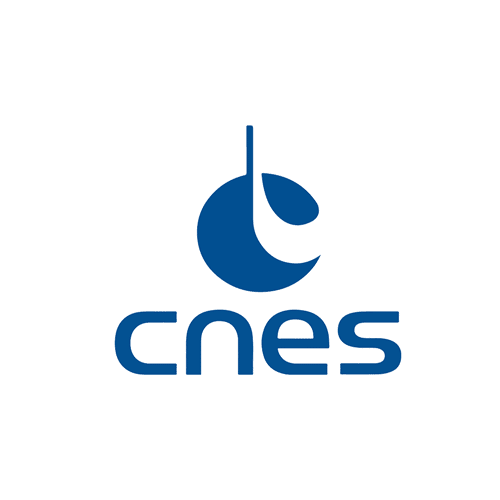
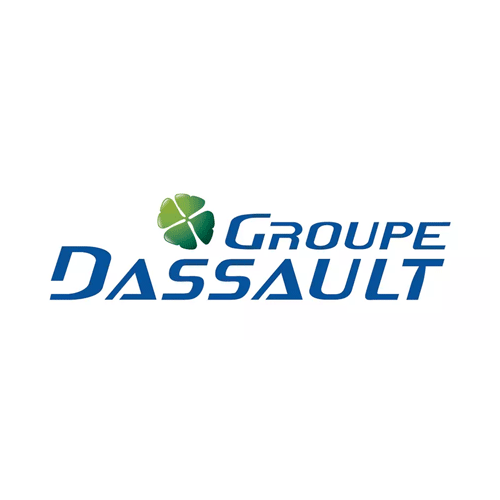

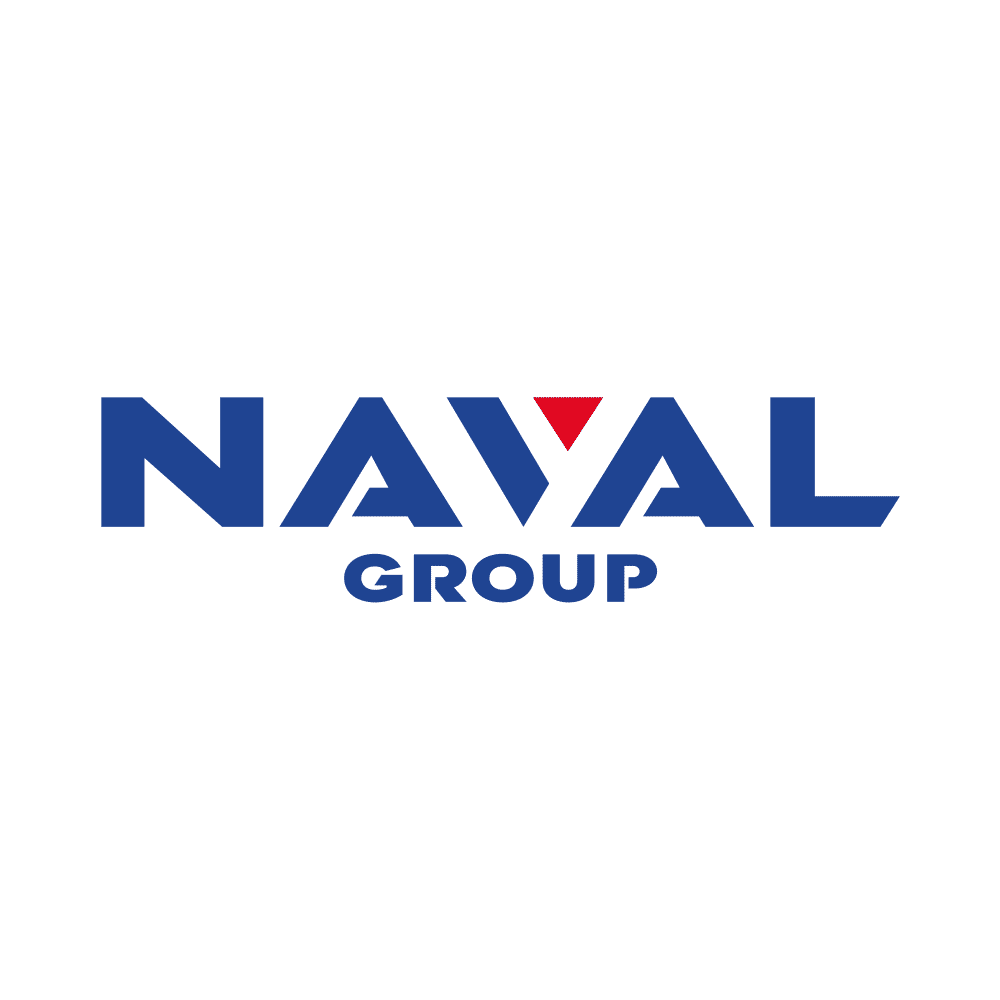
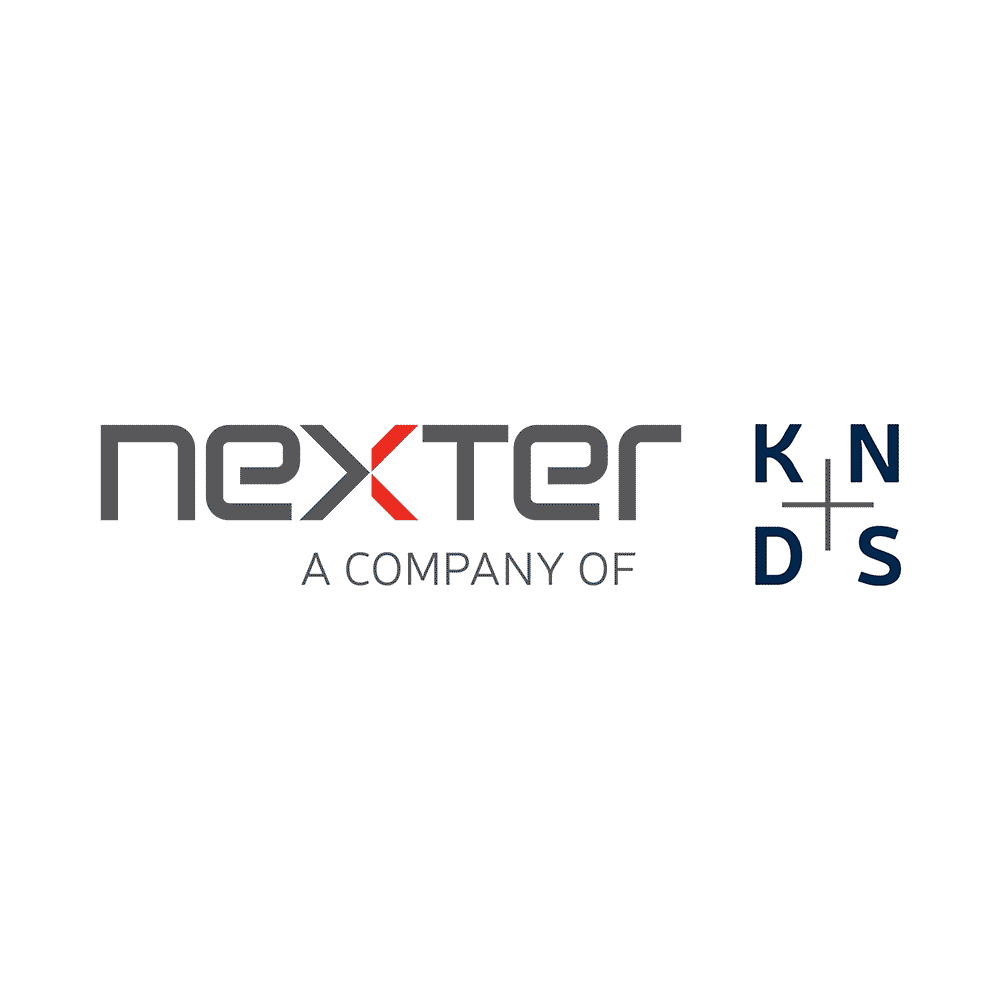

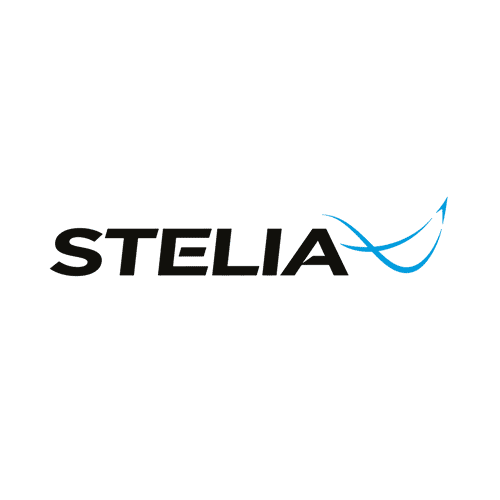
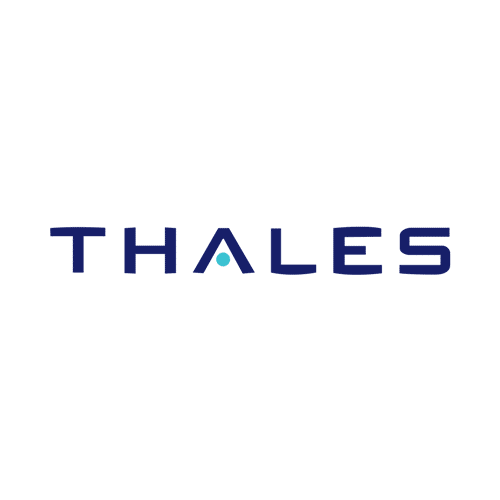
The challenges related to cybersecurity
The aeronautics-space-defence sector, like many others, is increasingly connected and therefore particularly sensitive in terms of cybersecurity. As cyber-attack attempts continue to increase and evolve with the influx of new technologies, players must more than ever implement an appropriate cybersecurity strategy and risk management.
The main challenges facing the cyberdefence market include:
New technologies and the issue of hyperconnectivity have contributed to the growing vulnerability of increasingly complex systems, which are becoming more numerous and more varied (information systems, networks, cloud technologies, embedded systems, IoT, etc.). Faced with the proliferation of these new cyber-attack vectors, the challenge of securing these systems is becoming increasingly critical. Connected aviation, for example, offers new gateways for attackers and requires digital security throughout the value chain, from ground infrastructure to aircraft in flight.
What are the most vulnerable systems and technologies in terms of cybersecurity? How to secure them? What cybersecurity solution should be implemented? How can digital security be ensured throughout the value chain?
In a context of persistent threats and increasingly sophisticated attacks, a cyber-resilience strategy is necessary to anticipate, to limit the impact on the activity of the company and to guarantee the continuity of operations (the aeronautics, space and defence sector, among many others, requires maximum availability in the event of a cyber-attack, in view of its critical applications). A company is then resilient through 5 main pillars: upstream identification of flaws and vulnerabilities, protection of IT systems to reduce risks, detection of threats using suitable devices, rapid, efficient and flexible reaction to limit the impact of the cyber-attack and finally, restoration of damaged systems.
What are the vulnerabilities to deal with? How can we improve the cyber-resilience of the company? What are the best cyber-resilience practices in other high-criticality sectors? What action plan should be implemented in the event of a cyber attack?
The cybersecurity market is still very fragmented and requires full consolidation and consideration within organizations, beyond the IT entity. Expertise in cybersecurity is a pre-requisite, as well as being able to deploy broader efforts in terms of resources, organization, dedicated programs and planning. As cybersecurity is increasingly complex to understand, many companies are aware of it but are ill-prepared for it. As preventive risk reduction approaches are no longer sufficient, it is therefore necessary for players to rethink their cybersecurity strategy as a whole.
What cybersecurity strategy should be put in place? How should it be implemented in the overall strategy of the company? How can all necessary resources be made available? How can all employees be involved in and made aware of cybersecurity issues?
Cyber threats now affect all segments of daily life and have spread to such an extent that the issue is becoming a national priority. Indeed, the dependence of states on digital systems makes them more vulnerable in cyberspace, which has now become a place of tension where malicious attacks can have dramatic consequences from an economic, political and strategic point of view. This is why governments must now deploy both defensive and offensive cyberdefence strategies on a large scale. This also involves mobilizing the Armies, whose objectives are to protect citizens and to ensure the security of vital information systems, and to preserve digital sovereignty.
What cyberdefence strategy should be put in place in companies of vital importance? What partnerships should be considered to build cybersecurity solutions? What will future cyber threats be and how should we prepare for them?
How we support you in your projects related to cybersecurity
Alcimed supports its clients in understanding the cybersecurity market to better understand the challenges of the field. We also assist with the development of new cybersecurity solutions that meet the specific requirements of players faced with various threats. We support decision-makers in the aeronautics, space and defence industry (executive committees, strategy management, marketing management, innovation management, R&D management, IT, PMO, etc.) in exploring this market and in their cybersecurity projects.
We deal with areas related to the different dimensions of the cybersecurity market, both in the civilian and in the military sectors. For example, we support our clients in:
- Developing construction of operational and regulatory inventory for cybersecurity,
- Establishing benchmarks of best cyberdefence practices with players in other sectors,
- Analyzing the existing offer and the competition to identify market positioning,
- Analyzing national and international cybersecurity regulations,
- Defining their strategic positions on the cybersecurity market,
- Defining new solutions and applications, and identifying promising application
- segments as well as the associated challenges,
- Developing business plans and value propositions,
- Defining go-to-market strategies,
- Searching for partners or cybersecurity solutions relevant to their activities,
- Implementing their cybersecurity strategies, taking into account possible scenarios of evolution of cyber-attacks carried out against their information systems.
Examples of recent projects carried out for our clients in cybersecurity
Setting up a cybersecurity platform for cyberdefence and information systems security
Alcimed supported a leading security & digital industrial player in a coaching and support process for a product line to develop a cybersecurity offer as a digital platform. This enabled both the detection and the identification of cyber-attacks aimed at all types of players (industrial and public players, governments, etc.) to achieve both digital security and sovereignty, while ensuring controlled risk management and optimal cyber resilience.
To do this, our team carried out an analysis of the needs and expectations of the various players in the ecosystem (manufacturers, ministerial institutions, startups, governments, etc.) for this platform, as well as an analysis of the competition and a study of the cybersecurity market. Our investigation made it possible to define relevant use cases for such a platform, to redefine the value proposition of the offer, and to identify the key success factors and potential barriers for its further development.
The result for our client? The validation of the relevance of its platform with regard to the needs of the market and the client ecosystem, the definition of the most relevant value proposition as well as the business model, and recommendations on its future positioning.
Market study and go-to-market strategy of an as-a-service cybersecurity offer
Alcimed supported a leading player in security and digital in the development of an as-a-service cybersecurity offer for critical applications and its operational marketing.
In this context, we carried out a market study and analyzed the receptivity of potential clients to capture their needs and expectations in terms of as-a-service security, to identify their pain points and to validate the interest of the vertical applications for a service model. This analysis made it possible to identify the first relevant characteristics from the user point of view and to recommend the first operational actions. Subsequently, we also assessed the competition’s strategy, identified the key players in the market, their positioning and their offers, as well as the preferred business models of potential clients.
We then compared them with the positioning, image and differentiators of our client, and provided clear guidance for their marketing strategy.
Benchmark of models used by aeronautical insurers in the field of cybersecurity
Alcimed worked with an aeronautic player who wanted to assess how insurers in the aeronautical field took into account the risks associated with cybersecurity and which calculation models were used.
We first identified the key players in the market and then assessed how the premiums were calculated. Following this characterization phase, we co-built with our client offers for airlines and insurance companies on the topic of cybersecurity.
Analysis of the cybersecurity market for onboard media and entertainment systems
Alcimed supported an aeronautic player to better understand the evolution of the cybersecurity market for on-board media and entertainment systems, and to assess the market potential and the relevance of a cybersecurity solution for airlines.
To do this, we first carried out an inventory of the market and its regulatory framework to assess the level of maturity of players faced with the regulations in force. The objective thereafter was to segment the airline market and potential clients, by identifying and characterizing them according to their positioning on the media and entertainment systems on board, their degree of vulnerability to cyberthreats and their overall maturity on the topic of cybersecurity.
The analysis of their needs and expectations for such a solution enabled us to identify the elements with the highest added value. With this user framework, our team then analyzed the positioning of the competition and the players with a strong influence on the market according to the different regions of the world.
All of these analyses made it possible to assess the market potential for our client and to define the most suitable strategic positioning followed by the key sources of value and differentiators to be targeted.
Study of the cybersecurity practices and needs of various industrial sectors
Alcimed assisted an industrial player in perfecting its cybersecurity service offering for the European market.
To optimise our client’s market penetration, we implemented a three-stage methodology. Firstly, our team carried out a quantitative study, followed by a ‘Voice of the Customer’ phase with key decision-makers in the field of industrial cybersecurity. The aim of this first phase was to understand the specific needs and challenges of our client’s potential prospects, while analysing market trends in order to refine its value proposition. We then carried out a cross-sectional analysis to establish the specific characteristics of our client’s target stakeholders, as well as the target personas to be contacted.
By gathering their ‘pain points’ and needs, our team was able to determine the most convincing arguments to ensure the commercial success of our client’s offer. Our study also enabled our client to put in place a clear roadmap to refine its offering and maximise its chances of success on the European market.
Development of a European digital innovation hub with a focus on AI and cybersecurity
Alcimed supported the Grand Est region in France in building its regional EDIH, or European Digital Innovation Hubs. More specifically, this initiative aimed to support all regional SMEs and ETIs by enabling them to grasp the challenges of AI, cybersecurity and high-performance computing.
A Europe-wide study revealed that only large groups were in a position to take up these challenges, which represented a significant risk for smaller structures. In response to these challenges, we helped our clients to develop the offer, model and organisation of this new regional hub, in conjunction with more than 80 regional entities.
Thanks to this project, our team has contributed to reducing the digital gap between large companies and smaller structures, by promoting a local and integrated approach that fosters regional technological autonomy. In this way, Alcimed helped lay the foundations for a stronger, more resilient and more competitive regional economy.
Realization of a competitive analysis in the field of cybersecurity for a player in the aeronautics industry
As part of a response to a call for tenders, Alcimed assisted an aeronautical company in carrying out a competitive analysis in the field of cybersecurity, in order to help it position itself better in relation to its competitors.
Based on a comprehensive literature review, we defined the criteria that would make a company a threatening competitor, then analysed the main competitors on this basis. We also monitored other relevant players with whom potential alliances could prove strategic.
A cross-analysis of the information and a comparison of the competitors on different criteria finally enabled us to identify the most threatening players, their strengths and weaknesses, and ultimately to adapt our client’s response strategy to the call for tenders.
Launch of a cybersecurity offering for industrial equipment connected to factories 4.0 for an energy services company
A digital services player in the energy sector wanted to refine its new cyber security offering for industrial equipment.
To do this, we identified the most mature targets, analysed their needs and current practices, and also tested their interest in the services offered by our client, as well as its legitimacy.
By combining a quantitative survey of around a hundred participants with a qualitative analysis based on in-depth one-to-one interviews with key customers, we were able to refine the targeting, draw up a new segmentation of the offering, identify the main strengths to be highlighted and finally adapt the value proposition of this new offering.
You have a project?
To go further
Data - AI
Cold data storage: an ecological solution for reducing the environmental impact of data
As data volumes increase, data storage requires more and more energy. Some techniques can help limit its ecological footprint. Here's one: cold data storage.
Data - AI
The metaverse: the challenges of this new virtual world
The metaverse pushes the user experience further than immersive video games, notably in three aspects described here by our Alcimed's Aeronautics-Space-Defense team.
Data - AI
Green cloud computing: a sustainable solution for reducing the environmental impact of data storage?
Data: an activity with a high environmental impact Today, digital technology represents between 2-4% of worldwide greenhouse gas emissions. An underestimated environmental footprint Today, many ...
Founded in 1993, Alcimed is an innovation and new business consulting firm, specializing in innovation driven sectors: life sciences (healthcare, biotech, agrifood), energy, environment, mobility, chemicals, materials, cosmetics, aeronautics, space and defence.
Our purpose? Helping both private and public decision-makers explore and develop their uncharted territories: new technologies, new offers, new geographies, possible futures, and new ways to innovate.
Located across eight offices around the world (France, Europe, Singapore and the United States), our team is made up of 220 highly-qualified, multicultural and passionate explorers, with a blended science/technology and business culture.
Our dream? To build a team of 1,000 explorers, to design tomorrow’s world hand in hand with our clients.
Cybersecurity includes all methods to ensure digital security, i.e. the protection of data and information systems against computer threats, which are also called cyber-attacks. Cybersecurity aims to reduce risks according to different levels of protection: computer hardware, network, programs, applications and data.
In addition to players in the business world, cybersecurity is also a national defence issue of cyberspace at the government level, making it possible to fight, defensively and offensively, against threats targeting information systems deemed to be of vital importance; this is then referred to as cyberdefence.
Cybersecurity is crucial in the healthcare sector to protect patients’ sensitive personal and medical data, ensure continuity of care by avoiding interruptions caused by cyber-attacks, and guarantee the security of connected medical devices. It also makes it possible to comply with regulations such as the RGPD (Europe) or HIPAA (United States), and to prevent financial fraud. In short, robust cybersecurity is essential for protecting patients, keeping healthcare services operational and complying with legal obligations.


